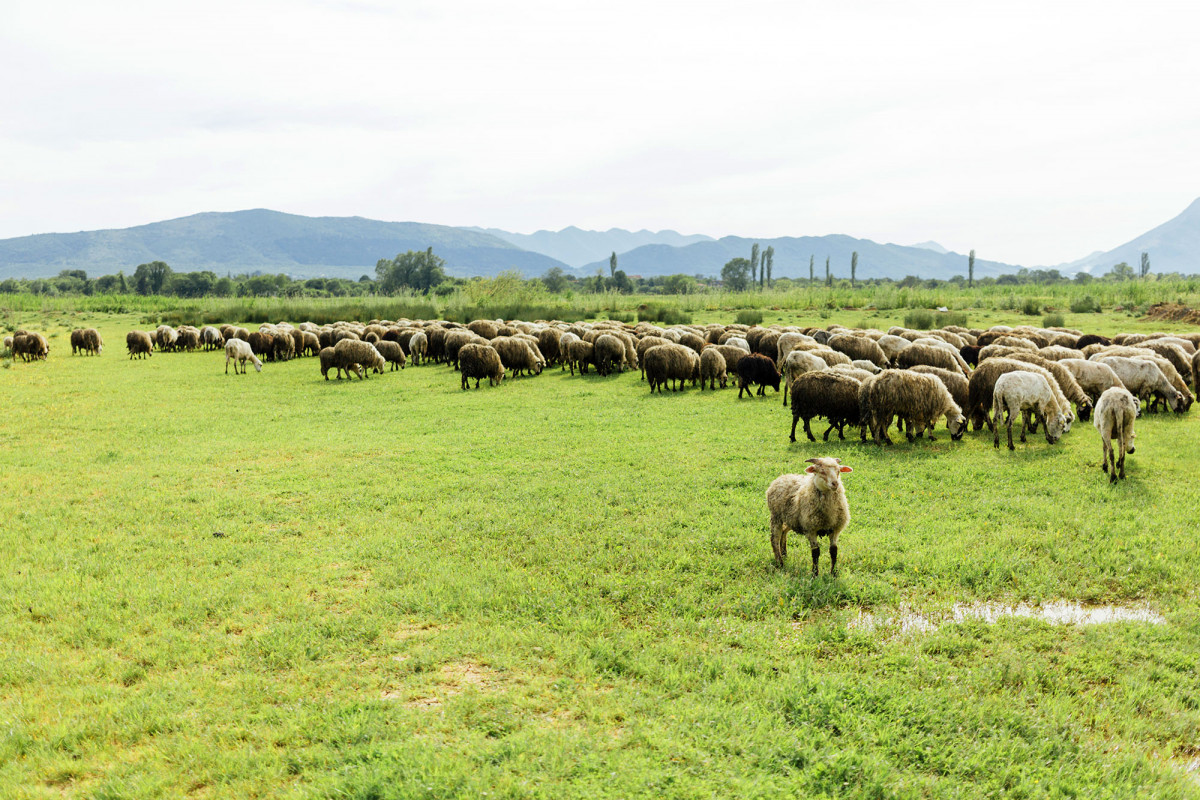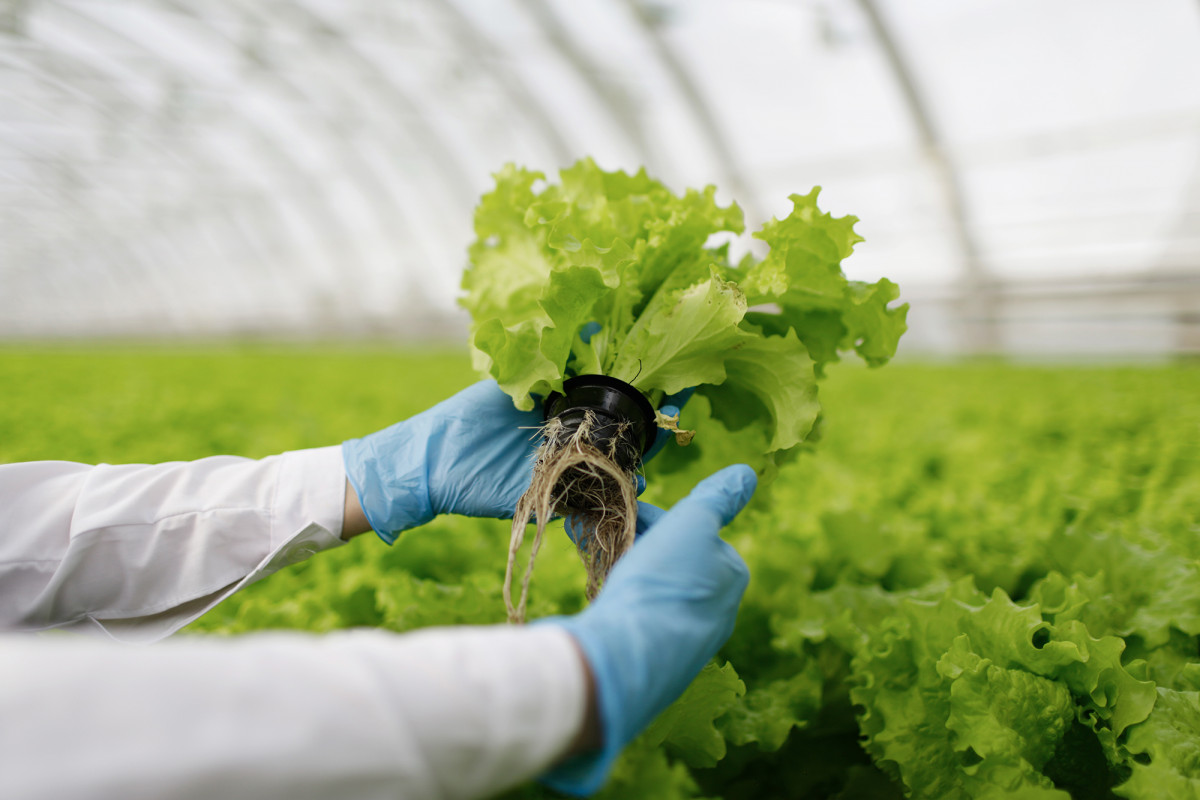The Food Revolution is a national initiative aimed at transforming Mongolia’s food security and agricultural production. Through strategic legal reforms and the adoption of international standards, the movement strives to establish a self-sufficient, sustainable, and export-oriented food sector. This page outlines the key actions and steps being taken to achieve these goals.
The legal environment plays a pivotal role in the success of the Food Revolution. Several key committees within the government, including the Permanent Budget Committee, the Permanent Economic Committee, the Permanent Food and Agriculture Committee, and the Permanent Industrial Committee, are working to address the sector’s challenges and provide the necessary investment for growth.
To enhance agricultural productivity, the government is offering light loans that provide financial support to farmers and food producers. These loans are aimed at modernizing equipment, improving infrastructure, and increasing the output of food and agricultural products.
To further encourage growth, the food and agriculture industries are being offered various incentives. These include grants, subsidies, and other forms of financial assistance to stimulate innovation and efficiency in production.
Tax relief measures have been introduced to reduce the financial burden on businesses in the food and agriculture sectors. This includes tax exemptions for certain products and services, enabling producers to reinvest in their operations and boost production.
To reduce Mongolia’s dependency on food imports, a 30% premium has been introduced for products that can replace imported goods. This policy incentivizes local production and strengthens the country’s self-sufficiency in essential food items.
To make Mongolian agricultural products competitive in the global market, compliance with international standards is critical. The World Trade Organization’s SPS Agreements set guidelines for food safety and plant and animal health, which Mongolia must meet to successfully export its products.

Current Issue: Mongolia currently faces challenges in exporting crops due to its inability to guarantee the health of its plants. Without assurances on crop health, international buyers are hesitant to import from Mongolia.
Solution: To align with IPPC standards, a package of laws must be approved, and a dedicated Plant Protection Agency needs to be established. This agency will oversee plant health inspections, certifications, and compliance with international protocols, ensuring Mongolian crops meet export requirements.

Current Issue: Mongolia is unable to export raw meat due to concerns about livestock health and the lack of proper certifications.
Solution: The implementation of compartmentalization—a system where individual producers maintain high health standards—will allow Mongolia to meet WOAH’s stringent requirements. This approach, driven by private producers, has been more successful than state-led initiatives, which have faced multiple failures in creating disease-free zones for livestock.

Current Issue: The slow implementation of CODEX food safety standards is a major obstacle to exporting Mongolian food products to international markets.
Solution: The completion of required legislation and the establishment of a certified laboratory are crucial steps in aligning Mongolia’s food safety procedures with international standards. By adopting global best practices, Mongolian food products will become more competitive and accessible to markets worldwide.
The Food Revolution is not just about increasing food production—it’s about creating a sustainable, globally competitive food sector in Mongolia. Through key legal reforms and adherence to international standards, Mongolia is laying the foundation for food security and economic growth. The combined efforts of government agencies, industry leaders, and international organizations are driving the movement towards achieving self-sufficiency and expanding Mongolia’s presence in the global agricultural market.
Join us in building a brighter, self-sufficient future for Mongolia—where innovation, sustainability, and food security thrive!